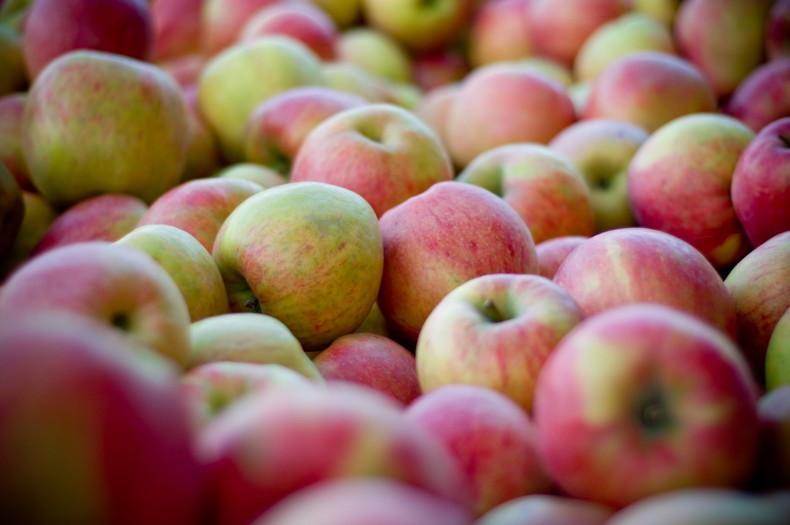If you know me in real life you probably know that of all my activities and goings ons, youth group is one of my favorite. I just love encouraging high schoolers in their walk with Christ. After being away for so long, finally going back to youth group last night was a breath of fresh air. Cold, North Dakotan air…the kind that wakes you up and makes you feel alive inside.
They’ve been studying the fruit of the Spirit. In preparation for our time together last night I read Galatians and dove into some commentary on the book. Galatians is fascinating to me for lots of reasons. I’ll get in to those on another day.
Tonight I really want to share something that I discovered while reading Galatians 5, praying and reading the commentary on it. I’ll share with you, but first take just a moment to read the passage I’m talking about. {Emphasis mine.}
The works of the flesh are obvious: sexual immorality, impurity and debauchery; idolatry and witchcraft; hatred, discord, jealousy, fits of rage, selfish ambition, dissensions, factions and envy; drunkenness, orgies, and the like. I warn you, as I did before, that those who live like this will not inherit the kingdom of God.
But the fruit of the Spirit is love, joy, peace, longsuffering, kindness, goodness, faithfulness, gentleness and self-control. Against such things there is no law.
I don’t know about you, but sometimes I can wear myself thin with trying. Trying to be nice, to chill out and be peaceful, to harness self control. It’s exhausting. You know what I mean?
Between studying this passage and the amazing message delivered last night from our youth pastor–who I’m honored to consider a friend–God laid a few truths on my heart.
My attention was called to the wording used in these verses. It’s pretty obvious to anyone with 5th grade English under their belt that this passage is a contrast. But examine the words Paul uses to contrast these two lists. {I’ve got them in purple for you.} I could explain the importance of these two words: works and fruit. But my commentary says it so well.
It is significant that the apostle distinguishes between the acts of the flesh and the fruit of the Spirit. Works are produced by human energy. Fruit is grown as a branch abides in the vine {John 15:5}**. They differ as a factory and a garden differ.
Another thing to take notice of, is the plurality of “acts” and “fruit.” Here’s a note on that:
Note that “fruit” is singular, not plural. The Holy Spirit produces one kind of fruit, that is, Christlikeness.
The fruit of the Spirit–all those nice, Christ-like, qualities–they are fruit of the Spirit. Not fruit of my trying. When we accept Christ honestly and truly as our Savior, He–through His Holy Spirit–lives in us. The fruit of the Spirit doesn’t grow as a result of our own efforts, but by the presence of God dwelling inside our very core.
When I asked my small group of teenage girls how these truths made them feel, there was an awkward silence. Then, someone spoke up and said it was kind of a relief. I agree.
It’s not up to me to produce the fruit. That’s the work of the Holy Spirit. He’s living in my and I know He’s up for the task. God just asks that we set our focus on Him, that we love Him with everything we’ve got. When we do that, fruit will start growing naturally.
If you are feeling tired of trying, take a break. Jesus tells that he is a kind master. He is a refreshing drink of living water–not an exhausting run through the dessert. If you’ve ever looked at the fruit of the Spirit passage as a measuring stick of perfection and are frustrated with falling short…stop it. You will fall short. Love, joy, peace, longsuffering, kindness, goodness, faithfulness, gentleness and self-control stand opposed to the fallen world we live in. Sure, we can do those things, but we can also wear ourselves out on trying. Instead, lock eyes with Jesus and let His amazing Spirit transform you into a garden.
Amy
*Here is a link to the commentary I have. I really like it. {Commentary is a supplement, not a replacement for reading the actual word of God, via the Bible.}
**The full impact of what this quote says lies in understanding the branch/vine analogy Jesus gives in John. See it here.




